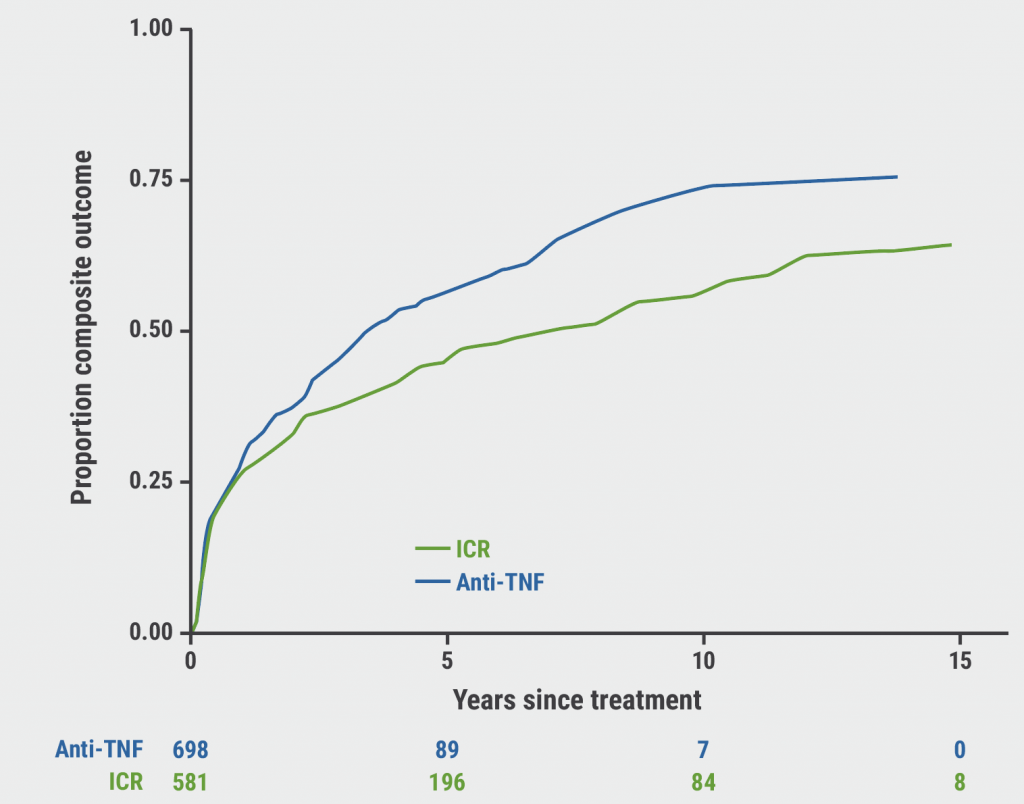Researchers examined data on 44 patients with primary sclerosing cholangitis (PSC), 24 patients with primary biliary cholangitis (PBC), and 2 patients with secondary sclerosing cholangitis (SSC). Patients were randomly assigned to receive either bezafibrate 400 mg or a placebo once daily for 21 days; the primary endpoint was a 50% or greater reduction in pruritus based on a visual analogue scale.
After three weeks, bezafibrate led to at least a 50% reduction in moderate to severe pruritus among 41% of patients with PSC and 55% of patients with PBC, compared with just 11% of those on placebo.
"So-called PPAR agonists such as bezafibrate inhibit inflammatory activity and probably stimulate secretion into bile of protective phospholipids," said senior study author Dr. Ulrich Beuers of Amsterdam University Medical Centers in The Netherlands.
"I think that bezafibrate is a real help for patients with severe to moderate itch in cholestatic liver diseases such as PSC and PBC with a low rate of side effects and a sort breakthrough for many of these desperate patients," Dr. Ulrich said by email.
Researchers also asked participants to record pruritis observations in daily diaries, and they found that bezafibrate was tied to a consistent reduction of pruritus in the morning as well as in the evening. The placebo wasn't associated with differences in morning or evening pruritus.
In addition, researchers used an itch questionnaire to assess the degree, duration, direction, disability and distribution of pruritus. Participants taking bezafibrate reported lower scores on this questionnaire than those on placebo, indicating reduced symptoms.
When researchers examined the effect of liver disease stage, they found no difference in the impact of bezafibrate on pruritus between patients with and without cirrhosis.
Among patients with cirrhosis, 55% on bezafibrate reported at least a 50% reduction in pruritus after three weeks of treatment, compared with 9% on placebo. Among patients without cirrhosis, 41% achieved at least a 50% reduction in pruritus with bezafibrate compared with 6% on placebo.
Six patients did report adverse events, including dizziness and jaundice in the bezafibrate group, but there were no serious adverse events in the study.
Limitations of the study include the small size and lack of long-term safety or effectiveness data, the authors note in Gastroenterology.
Previous studies have suggested bezafibrate may be effective for patients with pruritus and clinicians already use this for some patients, said Dr. Tom Hemming Karlsen, research head for the division of surgery, inflammatory diseases and transplantation at Oslo University Hospital in Norway.
"It is however the first randomized trial, which is an important step forward in being sure this is a true effect," Dr. Karlsen, who wasn't involved in the study, said by email. "There are however patients that do not respond to bezafibrate, so more research for better treatments for itching in these patients is still needed."
By Lisa Rapaport
SOURCE: https://bit.ly/3euUDoy Gastroenterology, online October 5, 2020.
Posted on
Previous Article
« Combination treatment fails to improve survival in recurrent glioma Next Article
COVID-19 treatments and the importance of randomised trials »
« Combination treatment fails to improve survival in recurrent glioma Next Article
COVID-19 treatments and the importance of randomised trials »
Related Articles
January 5, 2022
Machine perfusion boosts outcomes of liver transplant

© 2024 Medicom Medical Publishers. All rights reserved. Terms and Conditions | Privacy Policy
HEAD OFFICE
Laarderhoogtweg 25
1101 EB Amsterdam
The Netherlands
T: +31 85 4012 560
E: publishers@medicom-publishers.com

